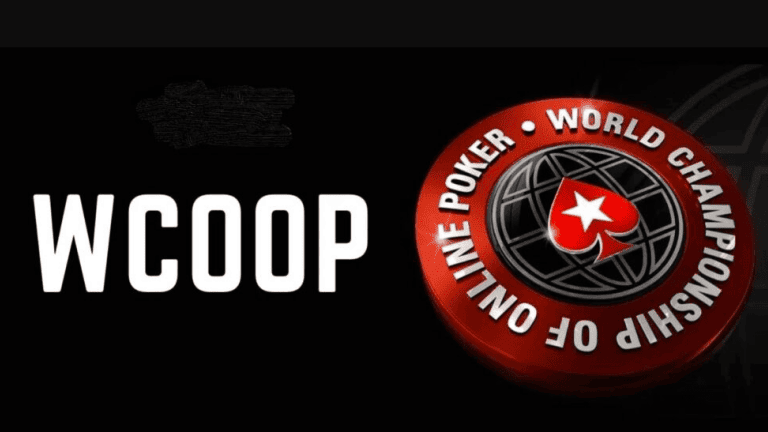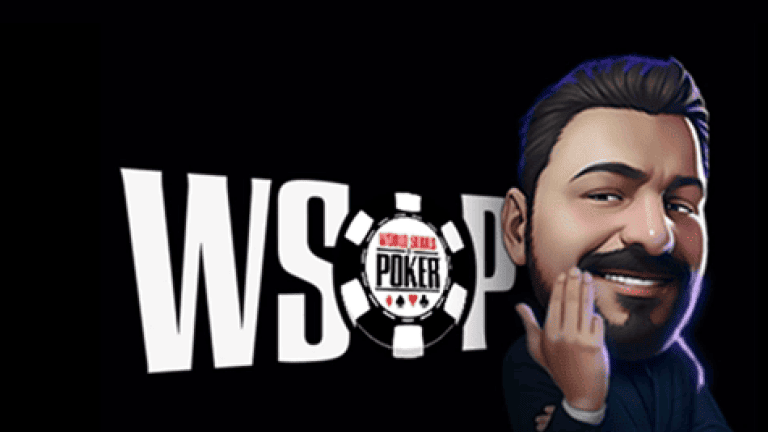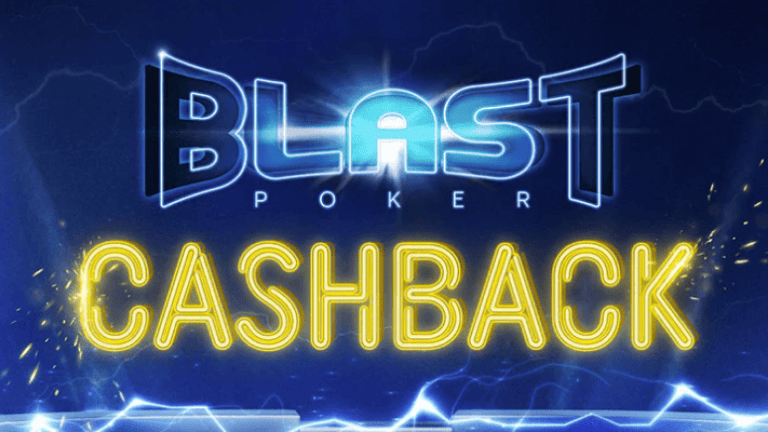Humans have an inherent desire for competition. There is no doubt about that since we continuously compete with others or ourselves, which drives self-improvement. It has gotten hard-wired into our psychology and cultivated throughout our human evolution. People who could outthink others and build more durable homes had a higher chance of passing down their genes. It may seem silly to some, but these are survival instincts built into us that still guide how we behave today. Yet, we now express these ingrained inclinations in non-life-threatening scenarios, like in our professional lives, sports, and gaming.
We are driven to test the limits of our ability, and competitions give us the structure to do this. Moreover, winning triggers the brain's pleasure chemical – dopamine, giving us a natural high and reinforcing our need to keep competing, as we want to reexperience this feeling repeatedly. That is how games of chance and skill hook people. They dangle the carrot of potential monetary victories but also provide a stream of fresh challenges and chances for social validation. Winners get admired, which is another allure that people feel in their craving to get better at something, and a byproduct of this path is obtaining problem-solving skills and getting more apt at perseverance.
Below, we go more in-depth on this topic, exploring its most interesting nuances.
The Thrill of Competing
Aside from wanting to test our skills and achieve personal growth, in gaming, one's competitive drive gets amped by the adrenaline rush that usually accompanies high-stakes matches. Adrenaline, also called epinephrine, its more common medical name, is a hormone/neurotransmitter produced by the adrenal glands and the medulla oblongata, a stem-like structure of the lower part of the brainstem. It gets released during intense situations as a part of the human body's fight-or-flight response.
When we are overflowed by adrenaline, our heart rate jumps up, our reflexes sharpen, and our senses heighten. That leads to increased focus and better reaction times. But this overflow can also generate nervousness and overexertion. Of course, those can negatively impact gameplay. Still, such states can create a feeling of a unique rush that people chase, even if they know it may cloud their judgment.
Biochemistry aside, participating in competitions can be a powerful motivator to achieve personal milestones. In gaming, this gets reinforced via various rewards, leaderboards, and tournament entries. Furthermore, the satisfaction stemming from overcoming challenges fuels engagement. Rivalries, too, add to the emotional investment tied to competing, as do dramatic narratives playing out in real-time.
Without question, there is also an element of escapism to competitive gaming, and people tie their success in their game of choice and its sphere to their identity. They get known for their skill level and playing style and feel less if they do not maintain the recognition they have built for themselves within their gaming ecosystem.
The Role of Stress & Anxiety
High-pressure situations are essential to competitive gaming, and only those who can thrive in such circumstances can expect to see success at the highest level. Pressure leads to stress and anxiety, which impact performance. Accordingly, those who can control themselves under high pressure have a competitive edge because they will be able to display decent reaction times and sound rationality. They do not get bothered as much by the cognitive overload generated by emotional confusion, popularly referred to as tilt. That is usually seen in gamblers participating in paid and free online poker tournaments.
Another phenomenon that is also highly present in poker is ladder anxiety, where players avoid ranked matches due to fear of losing and seeing themselves drop in standings. That is present in various leaderboard-based gaming tournaments and multiplayer video games. Stress, too, causes difficulty in articulating thoughts, impairs communication, decreases self-confidence, and increases absenteeism, which is especially dangerous, as it can lead to physical health problems, not counting dramatic fatigue.
Emotional Control in Gaming
To manage the strain that competitive gaming can put on an individual's state of mind and nervous system, it is pivotal that everyone engaging in it knows how to manage their emotions. For many, a series of losses or mistakes will create a downward spiral of negative emotions. That produces the previously mentioned state known as tilt, which is driven by ego preservation, loss aversion, and the body's physiological stress response. These can manifest in various forms, including aggressive play or engaging in uncharacteristic actions, ones not in line with one's usual style or character.
To mitigate all this and build composure under stress, one should learn how to reflect on past performances, objectively analyze mistakes, and see them as an opportunity for growth, not as something negative. Adopting a growth mindset will reduce the likelihood of tilt; viewing failures as learning experiences and continuously striving to improve is a must.
To stay motivated to get better and mold a higher quality mindset, most psychologists suggest using SMART criteria (Specific, Measurable, Achievable, Relevant, Time-bound) for practical goal setting. Hence, instead of putting down vague goals like "get better," a SMART one would be - to increase the win rate by 10% in a month via thirty minutes or more daily practice.
















0 comments